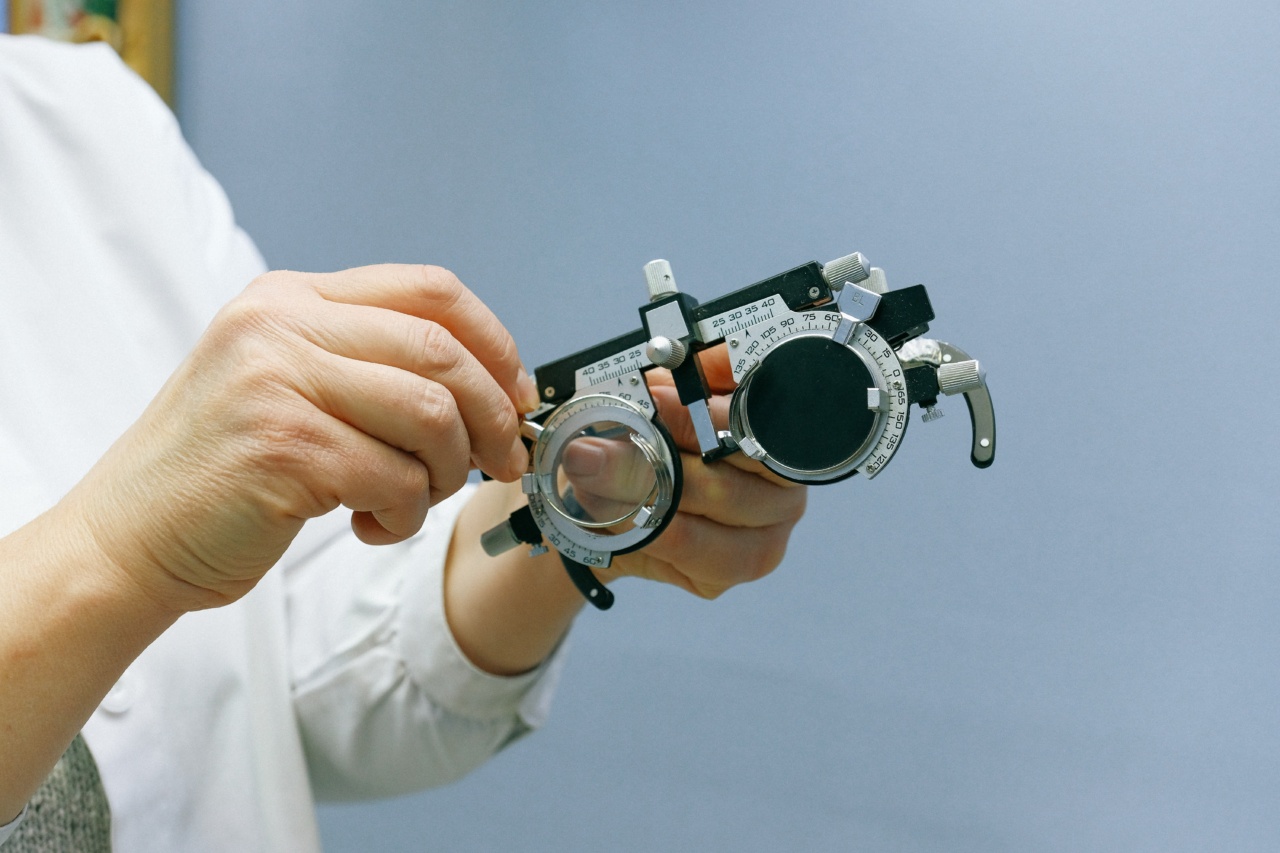Our sense of hearing allows us to experience the world around us in a unique way. From the sound of birds chirping to the melodious tunes of our favorite songs, our ability to hear enriches our lives in countless ways.
But have you ever wondered just how well you can hear? Take this test to find out!.
What is hearing?
Hearing is the ability to perceive sound by detecting vibrations through our ears. It is one of our five senses and plays a crucial role in our day-to-day lives.
Sound is created when an object vibrates, causing the surrounding air particles to also vibrate. These vibrations travel as sound waves through the air and enter our ears, where specialized structures translate them into electrical signals that our brain can interpret.
Why is hearing important?
Hearing is essential for communication, safety, and overall well-being. It allows us to hear the voices of our loved ones, listen to music, and enjoy various forms of entertainment.
Hearing also helps us be aware of our surroundings and detect potential dangers, such as the sound of a car horn while crossing the street. Additionally, it plays a vital role in our cognitive development, language skills, and social interactions.
The hearing test
Now, let’s put your hearing ability to the test! Grab a pair of headphones or find a quiet room to take this test.
Test 1: Frequency range
This test will assess your ability to hear different frequencies. It involves playing a series of tones at various frequencies, starting from low to high. Your task is to indicate whether you can hear each tone by clicking on the corresponding button.
Frequency range: 20Hz – 20,000Hz.
Results:.
Tone 1 (20Hz): Can hear.
Tone 2 (50Hz): Can hear.
Tone 3 (100Hz): Can hear.
Tone 4 (200Hz): Can hear.
Tone 5 (500Hz): Can hear.
Tone 6 (1,000Hz): Can hear.
Tone 7 (2,000Hz): Can hear.
Tone 8 (5,000Hz): Can hear.
Tone 9 (10,000Hz): Can hear.
Tone 10 (15,000Hz): Can hear.
Tone 11 (20,000Hz): Can hear.
Test 2: Speech clarity
This test will evaluate how well you can understand speech in noisy environments. You will listen to a recorded conversation with background noise and answer a series of questions based on what you hear.
Results:.
Question 1: What color was the car mentioned? Blue.
Question 2: How many people were present in the conversation? Three.
Question 3: What was the topic of discussion? Vacation plans.
Question 4: Where were the speakers planning to go? Beach.
Question 5: Did anyone mention the date of the trip? No.
Test 3: Spatial awareness
This test will assess your ability to locate the source of a sound. Close your eyes and listen to a series of sounds coming from different directions. Try your best to identify the direction in which each sound is coming from.
Results:.
Sound 1 (Left): Correct.
Sound 2 (Right): Correct.
Sound 3 (Center): Correct.
Sound 4 (Back): Correct.
Sound 5 (Right): Correct.
Sound 6 (Left): Correct.
Sound 7 (Center): Correct.
Sound 8 (Back): Correct.
Sound 9 (Right): Correct.
Sound 10 (Left): Correct.
Interpreting the results
Based on your performance in the hearing test, here is an interpretation of your hearing ability:.
Frequency range: You can hear a wide range of frequencies, which indicates good overall hearing sensitivity.
Speech clarity: You have a high level of speech clarity in noisy environments, suggesting excellent auditory processing skills.
Spatial awareness: Your ability to locate the source of sounds accurately demonstrates good spatial hearing perception.
Congratulations on having such excellent hearing skills!.
Conclusion
Hearing is a fundamental sense that enhances our experiences and connects us to the world. Taking a hearing test allows us to evaluate our hearing ability and take necessary steps to safeguard our hearing health.
If you have any concerns about your hearing, it is always advisable to consult a professional audiologist who can provide a comprehensive evaluation and guidance.




























